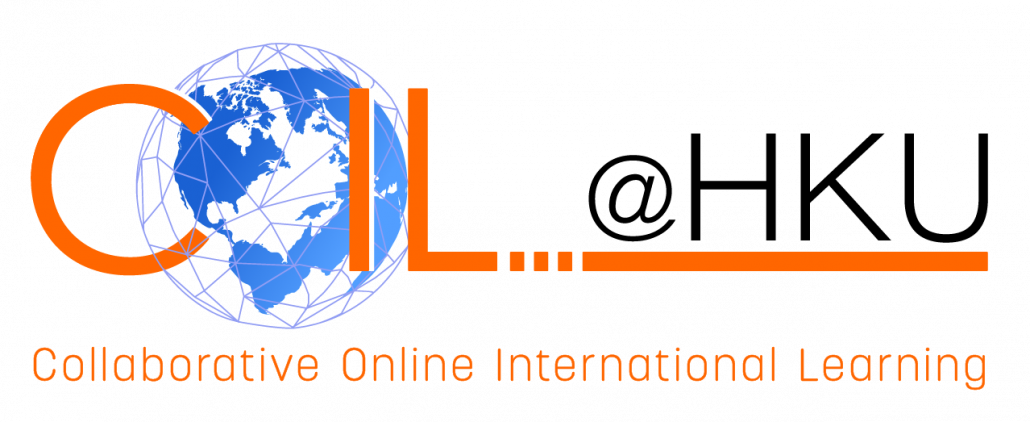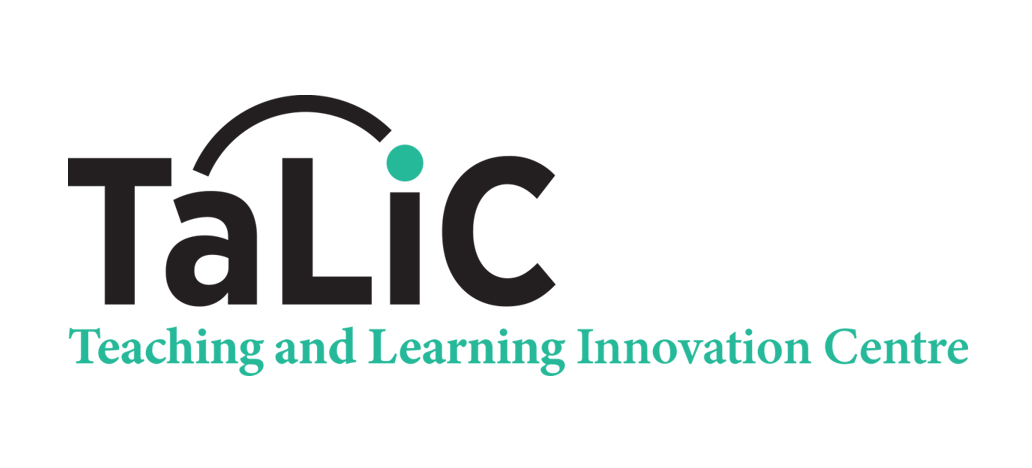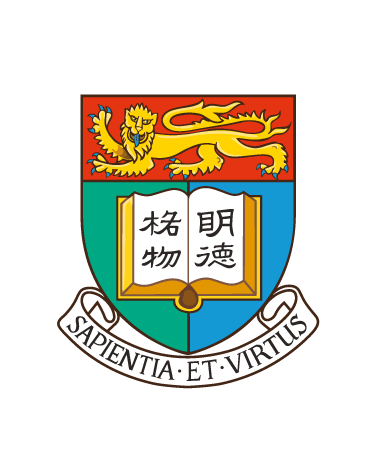English Language Teaching Methodology
Faculty of Education, The University of Hong Kong
School of Education, Communication and Language Sciences, Newcastle University
Instructed by Ms. Nicole Judith Tavares and Dr. Jim Chan
Programme Description
The collaboration between the Faculty of Education, The University of Hong Kong (HKU) and the School of Education, Communication and Language Sciences, Newcastle University (NU), took 6 sessions in the first semester of the 2023/24 academic year. The COIL activities aimed to broaden students’ repertoire of English language teaching (ELT) methodological practices used worldwide, sharpen their global and intercultural awareness, and strengthen their communication and collaboration skills. Activities were organised in both synchronous and asynchronous forms. The main synchronous activities included webinars, online collaborative lesson planning meetings, co-development of teaching materials, learning tasks and activities, observation of and reflection on teaching practice, and peer feedback.Distinctive features
- All collaborative tasks related to the micro-teaching event at HKU and peer teaching activities at NU
- HKU and NU students working in teams of 6 – 7 (with each team comprising 3 – 4 HKU students and 2 – 3 NU students)
- Use of webinars to enhance HKU and NU students’ understanding of ELT topics under discussion, build rapport, and promote intellectual and intercultural exchange
- Use of a collaborative online annotation platform that encourages exchange through video and textual analysis and asynchronous conversations resembling social media
Intended Learning Outcomes
- Describe and explain the major theories, concepts and principles guiding the approaches to and methodological issues about the learning and teaching of the four macro skills in ESL and EFL contexts in Hong Kong and globally
- Identify, compare and critically evaluate the extent to which different approaches, methodologies and strategies of teaching the four macro skills are effective within specific local and international teaching contexts
- Evaluate, adapt and tailor teaching and learning materials to cater for different learners’ needs, learning styles and learner diversity in Asian and foreign classroom settings
Technologies Used for Virtual Exchanges
Zoom, Microsoft Teams, Perusall, Google, OneDrive, Flip, YouTube, WhatsApp, WeChatSchedule
Webinar 1 - Introduced HKU-NU partnership and COIL goals to students
- Outlined the COIL structure, e-learning platforms used for communication, key micro-teaching activities and students’ roles in the collaboration
- Used Flip ‘greeting video recording’ to get to know their learning buddies and conducted a Scavenger Hunt Activity for ice-breaking in teams
Webinar 2 - Used the evaluation criteria generated by HKU students to analyse the communicativeness of language learning tasks and understand Communicative Language Teaching as a critical methodological approach
- Developed a student-generated action plan and a duty list for the HKU lesson to be micro-taught
Webinar 3 - Co-developed a lesson plan and materials for micro-teaching based on a set of assessment criteria used at both HKU and NU
- Uploaded the initial lesson plan and materials to Perusall for peer feedback (using the textual annotation functionalities on Perusall) in a paired team format
Webinar 4 - Presented their revised lesson plans and materials and provided additional peer feedback in Zoom breakout room discussions to different teams based on the HKU-NU assessment criteria co-developed by the teachers
- Further refined their lesson plans and materials based on the given feedback
Webinar 5 - Uploaded HKU micro-taught lessons onto Perusall for video annotations using the ‘Two Stars and a Wish’ framework
- Conducted joint reflections on HKU students’ micro-teaching performance
- Examined how the lesson plans, teaching materials and learning tasks designed for the HKU micro-teaching could be adapted for the UK context
Webinar 6 - Celebrated the collaborative efforts of HKU and NU: Awarded certificates to teams with quality and active contributions
- Reflected on the learning goals of the COIL initiative and gains in international perspectives of ELT methodologies, global and intercultural awareness



